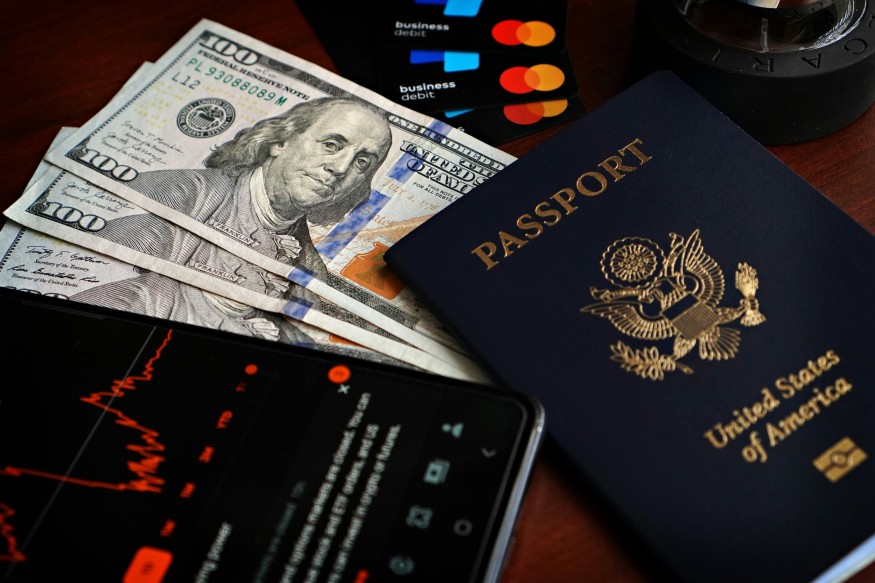
The United States will soon begin enforcing a controversial immigration policy requiring tourists and business visitors from selected countries to post refundable bonds of up to $15,000 before entering the country.
The 12-month pilot programme, set to begin on 20 August 2025, targets B-1 and B-2 visa applicants from nations deemed to have high visa overstay rates or insufficient identity verification systems. Critics have called the move a form of 'economic apartheid', raising concerns over unequal treatment of travellers from poorer countries.
What Is the Visa Bond Programme?
The visa bonds immigration pilot allows US consular officers to impose financial deposits of $5,000, $10,000, or $15,000 on eligible B-1/B-2 visa applicants. These bonds are refundable only if the individual leaves the country before their visa expires or gains legal immigration status.
First proposed by the Trump administration in 2020, the rule was never enacted at the time. It has now been revived under a new directive issued by the Department of State and published in the Federal Register on 5 August 2025. The pilot will run for one year and will apply to a limited number of applicants, estimated at around 2,000 individuals during the trial period.
Which Countries Are Affected?
As of early August, the official list of targeted countries has not yet been released. However, it is expected to be published on the Travel.State.Gov website at least 15 days before implementation. The criteria for inclusion focus on countries with historically high visa overstay rates, unreliable passport or identity vetting systems, or those offering citizenship-by-investment programmes without long-term residency requirements.
Media reports have identified likely participants to include Chad, Eritrea, Haiti, Myanmar, Yemen, Djibouti, Burundi, and Togo, among others. These nations are not part of the Visa Waiver Programme, which grants entry to citizens from many high-income Western countries without such financial guarantees.
Concerns Over Economic and Travel Barriers
The visa bonds policy has been met with backlash from civil liberties groups and travel industry bodies, who warn that it may discourage tourism and reinforce financial discrimination. Advocacy groups argue that the cost of compliance may be prohibitively high for travellers from lower-income nations.
While no official spokesperson has used the term 'economic apartheid', the phrase has emerged in commentary and coverage highlighting how the scheme effectively creates a financial barrier for Global South nations, while wealthier nations continue to enjoy relatively unrestricted travel to the US.
The bond amounts far exceed typical visa application fees and may also present logistical challenges, with payments processed via Pay.gov using form I-352.
Justification from US Officials
According to the Department of State, the visa bond initiative is designed to deter visa overstays and improve accountability for travellers from countries with a history of non-compliance. Officials stress that the programme is temporary and that consular officers will have discretion in determining whether a bond is necessary on a case-by-case basis.
The bond will be refunded upon proof of timely departure, adjustment to legal status, or the traveller's death, ensuring that the funds are not intended as revenue collection but as a security measure.
Policy Timeline and Next Steps
The pilot programme will officially begin on 20 August 2025 and is set to operate for 12 months. The initial list of affected countries is expected by 5 August, with the possibility of updates throughout the year. Analysts expect increased scrutiny from human rights organisations and foreign governments as the policy unfolds.
Originally published on IBTimes UK
This article is copyrighted by IBTimes.co.uk, the business news leader



